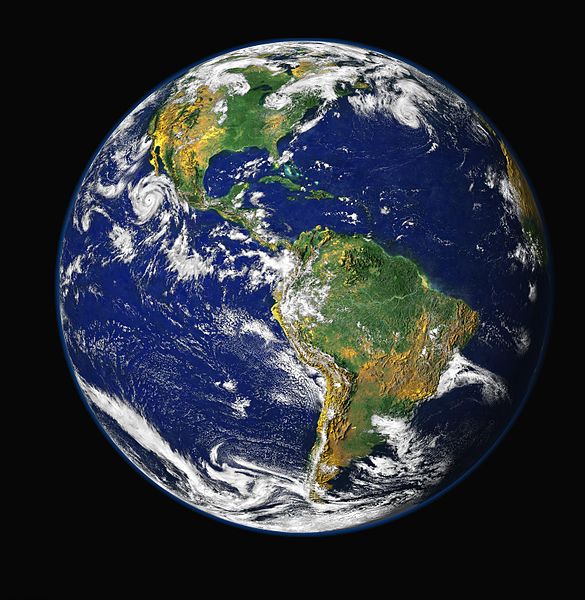
By Ashley Gill, Opinion Editor
When I arrived in Bali, Indonesia, last J-term for an art class, the hot and humid weather was just as I had anticipated and the beautiful colors of flowers and plants were just as vibrant as I had imagined. What I was not expecting were the massive amounts of trash throughout the streets and in the ocean.
The Balinese are not particularly wasteful people, in fact, they try to waste as little as possible. It is not that they littered the streets, rivers and clear blue oceans out of laziness, but they literally have nowhere else to put it.
It is not without pain either.
I remember hearing a story about a taxi driver and tourist passing a river filled with plastic bottles and waste, and the taxi driver mentioned sadly to his passenger that he used to swim in the river when he was young.
Bali, along with other countries worldwide, has always produced natural materials they were able to just toss away or bury to decompose.
With introductions to plastic and other non-compostable materials, along with a tourism boom and only so much land to support it all, the trash has taken its toll.
To be honest, I am not always the most environmentally friendly person, but I could not help but think of how much tourists, like myself and my classmates, contribute to this issue.
In the markets and various shops catering to tourists, plastic bags are given with every purchase. Our class was told about two young girls from a sustainable “green” school in Bali, who took on the project to ban plastic bags in Bali.
This was inspiring and prompted me to reflect on my own habits with plastic bags at home, especially when it comes to shopping and using the provided plastic bags instead of reusable cloth ones.
One aspect of this issue that cannot be helped is the fact that the water that flows through the faucets in Bali is not safe to drink. Locals and tourists must purchase bottled water, boil water, purchase large refillable water containers for in-home water dispensers or refill personal water bottles.
It is easy to imagine just how many plastic water bottles are thrown away every day in Bali. Refilling our own water bottles was something that was very quickly ingrained into us as one small thing we could do to reduce our impact to the beautiful island’s environment.
I appreciated my clean drinking water, recycling abilities and clean environment at home greatly during this trip and realized how much I have taken those things for granted.
I also realized that while we do have things like more effective recycling and drinking water at home, we are more wasteful because we have the land to hide it.
In Bali, the people are spiritual, in the moment and not as materialistic as in American society.
They use and take what they must and try not to waste when they can avoid it. They have to be more careful because the waste is visible to them, but in the United States, garbage is “out of sight, out of mind.”
What I have learned while abroad in January has given me a view of sustainability that has stuck with me more than anything else has before.
I not only have a deeper appreciation for things such as clean water, but I have taken a little bit of that Bali mindfulness home with me.
Doing simple things such as opting for a cloth bag rather than a plastic one while grocery shopping or being more aware of the waste we personally produce every day can make a huge difference for our landfills and our global environment.



















